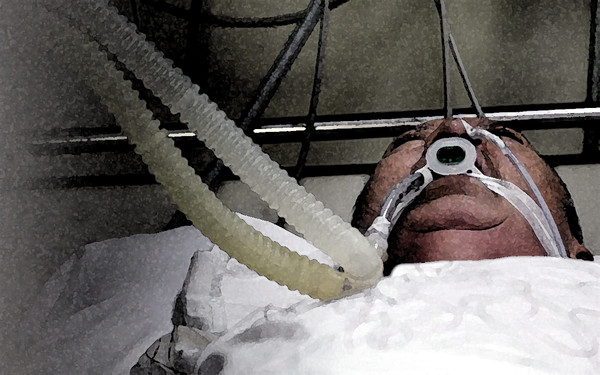“Essential healthcare” has emerged as the most prominent topic of Korea’s medical community in 2022, replacing Covid-19. However, that was not the only controversy this year. As the political power changed through the presidential election in March, significant changes were also predicted in health and medical policies. Old controversies, including the permission of “new medical schools,” were repeated. Korea Biomedical Review summed them up into the top-five health and medical news. -- Ed.

A heated debate is going on over “physician-assisted death in dignity.” The controversy stems from concerns over the practice degenerating into a system in which physicians assist suicides.
The debate on physician-assisted death in dignity began when Rep. Ahn Kyu-baek of the opposition Democratic Party of Korea (DPK) proposed an amendment to the “Act on hospice, palliative care, and determining the life-sustaining treatment of dying patients.”
The bill contained content to introduce the physician-assisted death in dignity system that allows terminal patients suffering from intolerable pain to end their lives with their doctors' assistance.
Notably, the bill stipulated the concrete procedures, saying, “Medical professionals can implement physician-assisted death in dignity when one month has passed since the patients decide so and the patients expressed the intention to opt for physician-assisted death in dignity to their doctors and two other specialists.” I also included the clause to protect medical professionals by exempting physicians who help death in dignity from the application of the crime of abetting suicide under criminal law.
However, voices of concern mounted within the medical community. Considering the nation’s level of hospice and palliative care infrastructure and the education of doctors on death, it is not ready to introduce physician-assisted death in dignity, experts pointed out.
“At a time when even medical schools do not educate death, leaving the job of doctor-assisted suicide to physicians is like forcing elementary schoolchildren to solve complex calculus problems,” said Professor Koh Yun-seok of the Internal Medicine Department at Asan Medical Center in Seoul at a recent academic conference. “Physician-assisted death in dignity curtails people’s lives, and it is an entirely different concept ethically and as a medical practice.”
Others pointed out that the introduction of doctor-assisted suicide can shake the identities of physicians by contributing to their patients’ death, calling for institutional support to ease the emotional burdens of medical professionals.
“As a physician who has been involved in stopping life-sustaining treatment, I have felt considerable emotional burdens in the field,” said Professor Moon Jae-young of the Department of Severe Patients’ Medicine at Chungnam National University Sejong Hospital at another conference.
Moon added that it is necessary to provide institutional support, whether directly from the government or in the form of education at medical schools.
The medical community maintains that it is necessary to have genuine discussions about the matter not to make it a social issue but to create social consensus on what death is in dignity.

